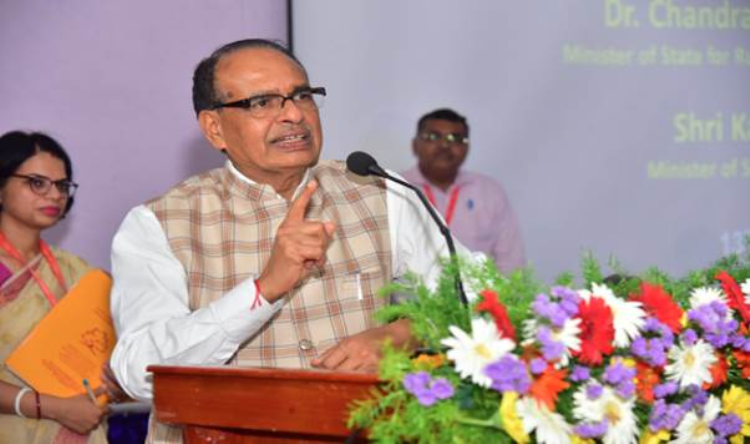Govt Eases B.Sc. Agriculture Admissions, 20% Seats via CUET-ICAR from 2025
Shri Chouhan congratulated ICAR for prompt action and thanked the universities for cooperating in implementing the reform in record time.

- Country:
- India
In a major reform aimed at simplifying agricultural education and addressing a long-standing demand of students, the Union Minister for Agriculture, Farmers’ Welfare and Rural Development, Shri Shivraj Singh Chouhan, has announced that 20% of undergraduate seats in agricultural universities across the country will now be filled through an all-India competitive examination conducted by the Indian Council of Agricultural Research (ICAR).
The reform, which will take effect from the academic session 2025–26, introduces a uniform eligibility framework under the CUET-ICAR examination for students nationwide.
One Nation–One Agriculture–One Team
Under the new policy, students who studied Agriculture, Biology, Chemistry, Physics, or Mathematics in their Class 12 curriculum will now be eligible for admission to B.Sc. Agriculture programmes via the ICAR national entrance examination. This marks the beginning of a “One Nation–One Agriculture–One Team” approach, ensuring transparency, uniformity, and fairness in admissions.
Speaking in New Delhi, Shri Chouhan said: “For several years, agriculture students faced difficulties due to non-uniform eligibility criteria. Different states and universities followed different rules, leaving many deserving students ineligible. This reform ensures that all students with relevant subject combinations can compete on equal terms.”
Addressing Student Concerns
The decision follows widespread student appeals on social media and letters from some state representatives, who flagged the hurdles faced by Class 12 students with agriculture or mixed science subject combinations. Responding swiftly, the Minister directed ICAR Director General, Dr. Mangi Lal Jat, to coordinate with agricultural universities and their vice chancellors to resolve the issue at the earliest.
Shri Chouhan congratulated ICAR for prompt action and thanked the universities for cooperating in implementing the reform in record time. He said the reform would directly benefit nearly 3,000 students each year by removing admission-related complications.
Widespread Acceptance by Universities
Currently, 50 agricultural universities provide ICAR quota seats for B.Sc. Agriculture. Of these:
-
42 universities have already accepted the ABC (Agriculture, Biology, Chemistry) subject combination for eligibility.
-
3 universities have also recognized PCA (Physics, Chemistry, Agriculture) as valid.
-
Together, this accounts for about 2,700 out of 3,121 ICAR quota seats (approx. 85%) being accessible to Class 12 students who studied Agriculture/Inter-Agriculture.
The remaining five universities, which require approval from their management boards, have assured that from the 2026–27 academic session, Agriculture will also be included in their eligibility criteria. Discussions are ongoing to bring them on board even earlier, possibly within the current academic cycle.
Benefits for Students and Parents
The streamlined admission framework brings multiple advantages:
-
Transparency: A single, national-level exam reduces confusion.
-
Fairness: Students from all subject combinations get equal opportunity.
-
Simplification: Removes the need for navigating different state/university rules.
-
Accessibility: Ensures agriculture students are no longer disadvantaged.
Parents and students are expected to see major relief from the removal of the complex, inconsistent criteria that often led to disappointment despite having studied agriculture at school level.
A Step Towards Vision 2047
This reform is seen as part of the government’s broader vision to empower youth, strengthen agricultural education, and build a skilled workforce for India’s farming sector. By ensuring that admission rules are predictable and inclusive, the government is laying the foundation for stronger human capital in agriculture, in line with the national development goals of Viksit Bharat@2047.
Shri Chouhan concluded: “This decision will not only simplify admissions but also inspire more students to pursue agricultural education, strengthening the future of Indian farming.”










